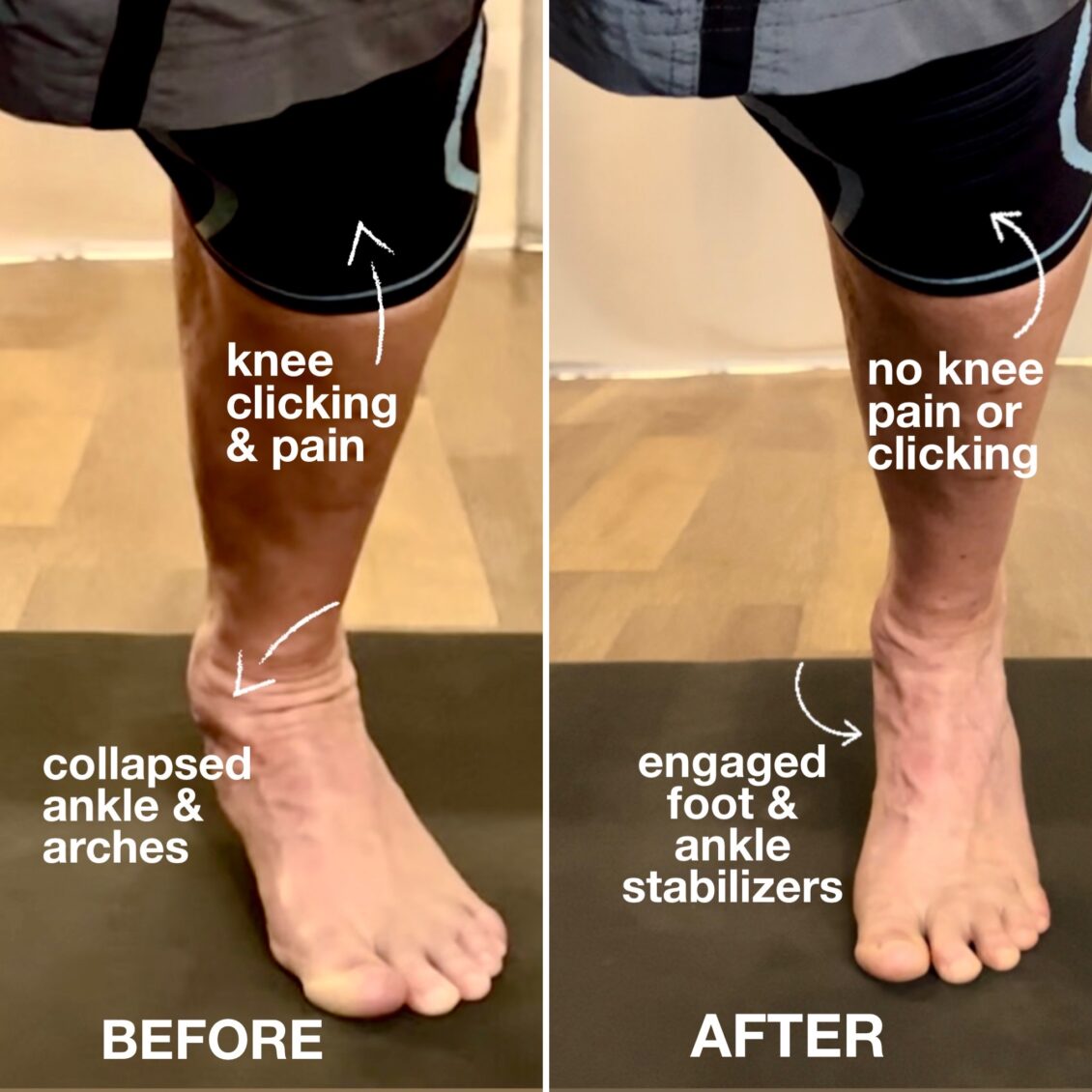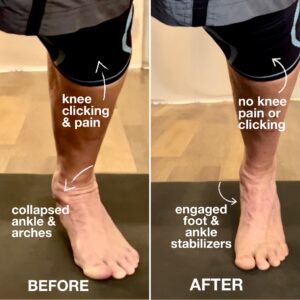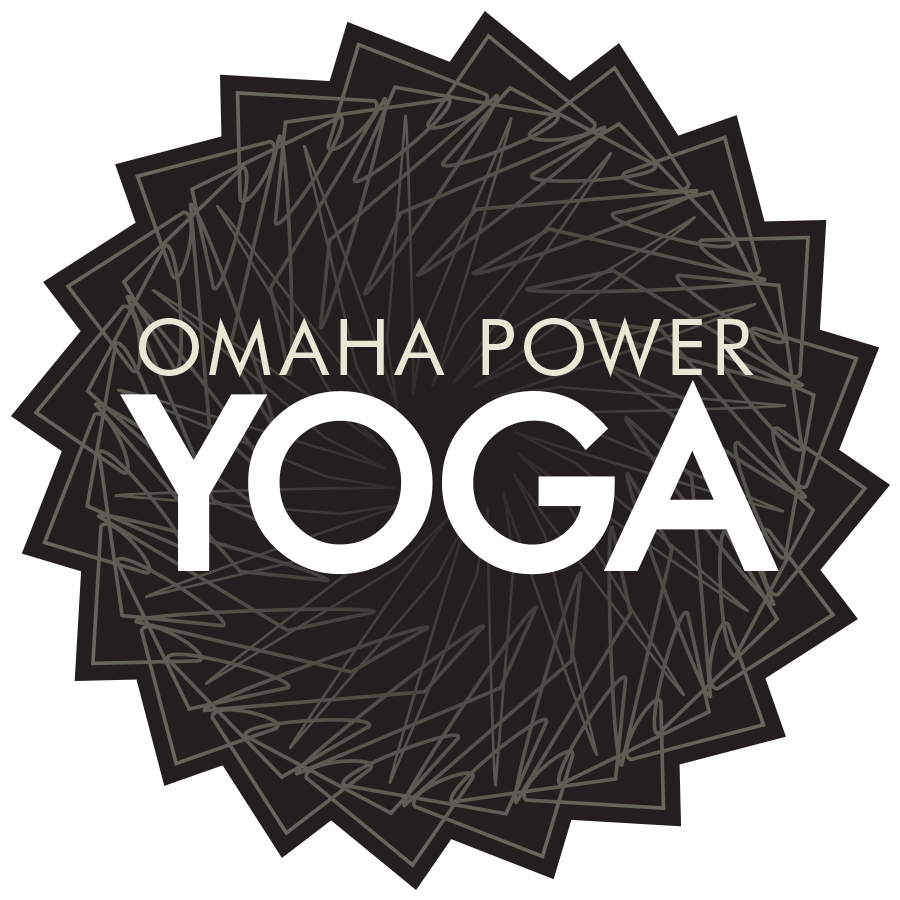
What is Physical Therapy Informed Yoga?
Omaha Power Yoga and Trinity Physical Therapy share a goal to help people move better, think better, feel better, and human better! We are dedicated to improving function and reducing pain to create more ease, joy and satisfaction in people’s lives.
Thus was born… physical therapy informed power yoga!
The average fitness class or workout routine is focused on strength and/or flexibility of the big, obvious muscle groups: traps, delts, lats, pecs, biceps, triceps, superficial abs, glute max, quads, hamstrings, and calves.
Omaha Power Yoga’s practice has always emphasized deepening self-awareness and steadying the nervous system, as well as biomechanical cues to increase stability and mobility beyond the big, obvious muscles. PT informed yoga simply applies very specific and consistent skills and cuing to our power yoga practice.
You don’t need an injury or issue for this practice
PT Informed Yoga is for everyone of any age who wants to be their strongest, best self!
Want to:
- bend and move with ease?
- jump on a trampoline, laugh at a joke or sneeze and not pee your pants?
- get out of bed without pain?
- pick something (like yourself!) up off the ground and not feel old?
- keep your [bleep] together when life gets [bleepy]?

This yogi experienced a “wobbly, clicking, painful knee.” After applying E&M skills, clicking stopped, stable knee and no pain!
PT informed power yoga targets stability and mobility of the smaller (neglected) tissues, and considers how breathing, mind state, and emotional state inform how we feel and how we move.
Together with Trinity Physical Therapy, we developed Engagement and Mobility (E&M) Skills in response to years of treating ailments in a clinical setting and observing movement patterns and strategies used in a yoga practice.
E&M Skills address the over/underuse of muscular engagement that over time can cause a chain reaction of movement compensation throughout the body, often resulting in limited range of motion, injury, or pain with movement.
Incorporating E&M Skills into yoga turns “I can’t” or “I shouldn’t do yoga” into “Yoga is a non-negotiable must do for feeling my best.”
Learn more about the big vs small muscles in Trinity PT’s article: White Meat vs Dark Meat.
Our engagement and mobility skills are rooted in a foundation of FOUR COMPONENTS:
stability, mobility, awareness and agility.
“You can’t do what you want, till you know what you’re doing.” ~ Moshe Feldenkrais
- AWARENESS… We can’t change what we aren’t aware of, and when we are not aware of our own emotions and sensations, it impairs our perception of reality. So, improving our awareness of the physical body and its connection to our mental and emotional states, is paramount.
- MOBILITY is, very simply, the ability to move. Obviously very beneficial in being self-sufficient.
- STABILITY… A healthy body can hold strong and steady through a wide range of motion and in a still, static position.
- AGILITY is the ability to move, think or understand quickly and easily.
Our bodies adapt (often immediately and unconsciously) in response to stimulus of pain, injury, or change of any kind. Similarly, our minds and emotional bodies adapt based on our perception of our experiences.
The more conscious and steady we are in our responses to the stimuli life throws at us, the more serenity and satisfaction we can experience.
Time to get your strong & steady on! Get started.
Coming soon… Physical Therapy Informed Yoga Teacher Training!
Find more helpful articles and videos from OPY here.
Learn more about Trinity Physical Therapy here.


